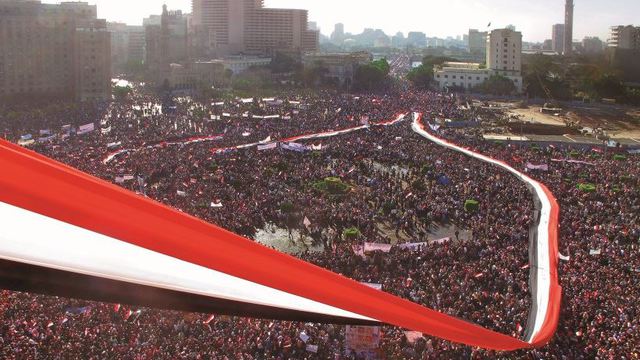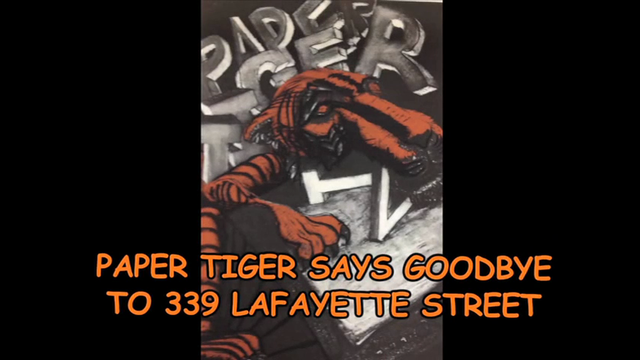article
"In August 1996, we called for the creation of a network of independent media, a network of information. We mean a network to resist the power of the lie that sells us this war that we call the Fourth World War. We need this network not only as a tool for our social movements, but for our lives: this is a project of life, of humanity, humanity which has a right to critical and truthful information."
These were the words of Subcomandante Marcos, speaking in 1997 from Chiapas in the midst of the Zapatistas' guerrilla information war against the Mexican state and the neocolonialism reflected in NAFTA. Marcos's powerful statement and Zapatista stories of struggle were circulated from the jungle of Chiapas on mailing lists, listservs, and websites, capturing the imagination of activists around the world and galvanizing a wave of new grassroots media projects. Perhaps no project more purely embodied this response than the Indymedia network, which was launched in November 1999 at the Seattle protests against the World Trade Organization (WTO) meetings and quickly grew into a global network of news websites.
Read

